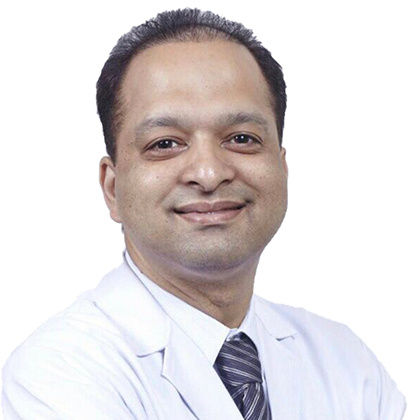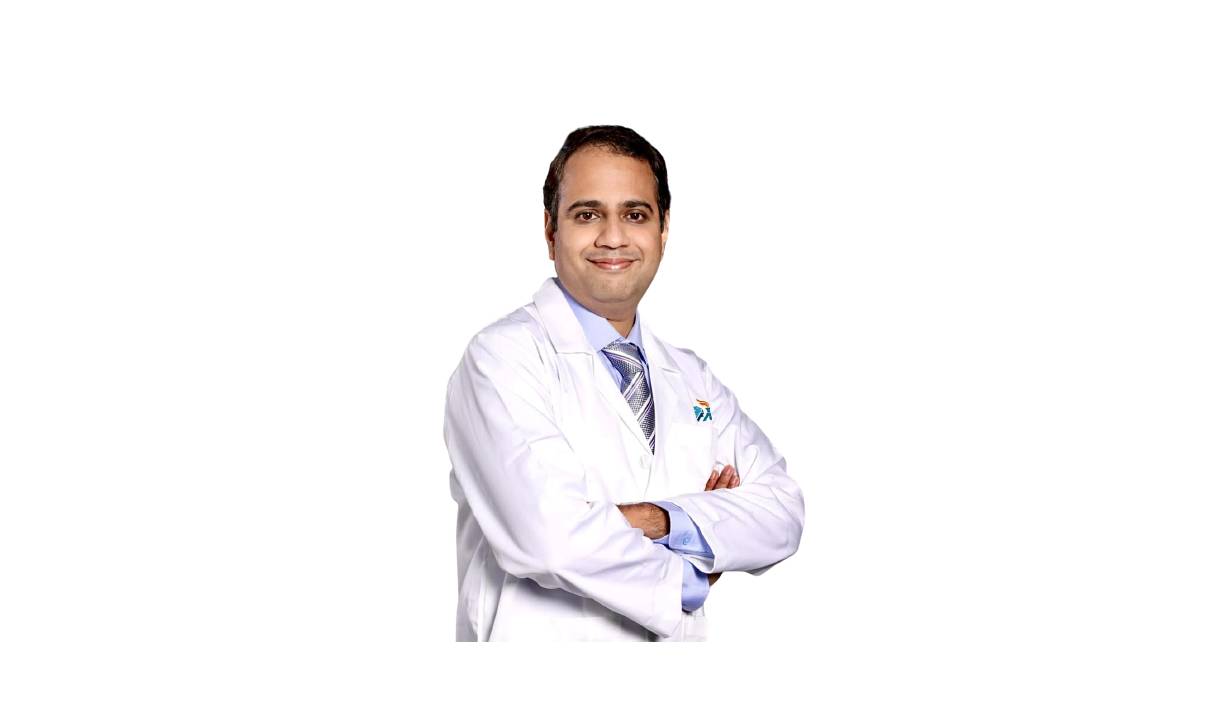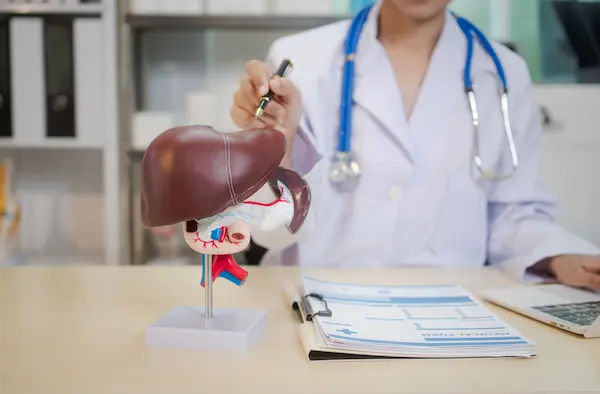Chances Of Survival After Liver Transplant
Discover the chances of survival after a liver transplant, including key factors that influence outcomes, long-term success rates, and tips for post-surgery recovery and wellness.

Written by
Last updated on 3rd Jul, 2025

Introduction
If you or a loved one is considering a liver transplant, you may have questions about survival rates and what to expect after the surgery. A liver transplant is a life-saving procedure for people with severe liver disease, but understanding the chances of success can help ease concerns and prepare for the journey ahead.
What Is a Liver Transplant?
A liver transplant is a surgical procedure where a diseased liver is replaced with a healthy one from a donor. This is often the best treatment option for patients with end-stage liver disease, acute liver failure, or certain liver cancers.
Survival Rates After Liver Transplant
The good news is that liver transplants have high success rates, thanks to advances in medical science and post-operative care. Here’s what you should know:
1. Short-Term Survival (First Year After Transplant)
About 90% of patients survive the first year after a liver transplant.
The highest risk period is the first few months due to possible complications like infections, organ rejection, or surgical issues.
2. Long-Term Survival (5 Years and Beyond)
70-80% of patients survive for at least five years after the transplant.
Many patients go on to live 10, 20, or even 30 years with a healthy liver.
Long-term survival depends on factors like age, underlying health conditions, and adherence to medications.
Factors That Affect Survival After Liver Transplant
Several factors influence how well a patient recovers and how long the new liver functions:
1. Underlying Health Conditions
Patients with conditions like diabetes, heart disease, or kidney problems may have slightly lower survival rates.
Hepatitis C or liver cancer can also impact outcomes, though newer treatments have improved success rates.
2. Age of the Patient
Younger patients (under 60) generally have better survival rates.
Older patients can still have successful transplants but may need extra monitoring.
3. Donor Liver Quality
A liver from a living donor (usually a family member) often has better outcomes than a deceased donor liver.
The overall health and compatibility of the donor liver play a crucial role.
4. Post-Transplant Care
Taking immunosuppressant medications (to prevent organ rejection) as prescribed is critical.
Regular follow-ups with the transplant team help detect complications early.
Consult Top Specialists for Personalised Tips
How to Improve Survival Chances After a Liver Transplant?
To maximise the success of your transplant, follow these tips:
1. Take Medications as Prescribed
Never skip anti-rejection medicines, even if you feel fine.
Missing doses increases the risk of liver rejection.
2. Maintain a Healthy Lifestyle
Eat a balanced diet (low in salt, sugar, and processed foods).
Exercise regularly (as advised by your doctor) to maintain a healthy weight.
3. Avoid Alcohol and Smoking
Alcohol can damage the new liver.
Smoking increases infection risks and slows healing.
4. Regular Check-ups
Frequent blood tests and doctor visits help monitor liver function.
Report any unusual symptoms (fever, fatigue, jaundice) immediately.
When to Seek Medical Help?
After a liver transplant, contact your doctor if you notice:
High fever or chills
Yellowing of skin/eyes (jaundice)
Severe abdominal pain
Unexplained weight gain or swelling
Conclusion
A liver transplant can give patients a new lease on life, with high survival rates when proper care is taken. If you or a loved one needs a liver transplant, consult a specialist to understand the best options.
Consult Top Hepatologist
Consult Top Hepatologist

Dr. Aakash Garg
Gastroenterology/gi Medicine Specialist
12 Years • MBBS, DNB (Medicine), DrNB (Gastroentrology).
Bilaspur
Apollo Hospitals Seepat Road, Bilaspur
(125+ Patients)

Dr. E Prabhakar Sastry
General Physician/ Internal Medicine Specialist
40 Years • MD(Internal Medicine)
Manikonda Jagir
Apollo Clinic, Manikonda, Manikonda Jagir
(125+ Patients)

Dr. Srinivasa Reddy
Hepatologist
12 Years • MBBS, MD (General Medicine), DM (Hepatology),ASGE
Hyderabad
Myra Liver & Gastro Care, Hyderabad

Dr. Rajeev Shandil
Gastroenterology/gi Medicine Specialist
15 Years • MBBS, DNB (Internal Medicine), DNB (Gastroenterology)
Delhi
Apollo Hospitals Indraprastha, Delhi
(125+ Patients)

Dr Amey Sonavane
Gastroenterology/gi Medicine Specialist
11 Years • "MBBS, DNB (Internal Medicine) DNB (Gastroenterology) "
Mumbai
Apollo Hospitals CBD Belapur, Mumbai
(75+ Patients)
Consult Top Specialists for Personalised Tips

Dr. Aakash Garg
Gastroenterology/gi Medicine Specialist
12 Years • MBBS, DNB (Medicine), DrNB (Gastroentrology).
Bilaspur
Apollo Hospitals Seepat Road, Bilaspur
(125+ Patients)

Dr. E Prabhakar Sastry
General Physician/ Internal Medicine Specialist
40 Years • MD(Internal Medicine)
Manikonda Jagir
Apollo Clinic, Manikonda, Manikonda Jagir
(125+ Patients)

Dr. Srinivasa Reddy
Hepatologist
12 Years • MBBS, MD (General Medicine), DM (Hepatology),ASGE
Hyderabad
Myra Liver & Gastro Care, Hyderabad

Dr. Rajeev Shandil
Gastroenterology/gi Medicine Specialist
15 Years • MBBS, DNB (Internal Medicine), DNB (Gastroenterology)
Delhi
Apollo Hospitals Indraprastha, Delhi
(125+ Patients)

Dr Amey Sonavane
Gastroenterology/gi Medicine Specialist
11 Years • "MBBS, DNB (Internal Medicine) DNB (Gastroenterology) "
Mumbai
Apollo Hospitals CBD Belapur, Mumbai
(75+ Patients)

.webp)
